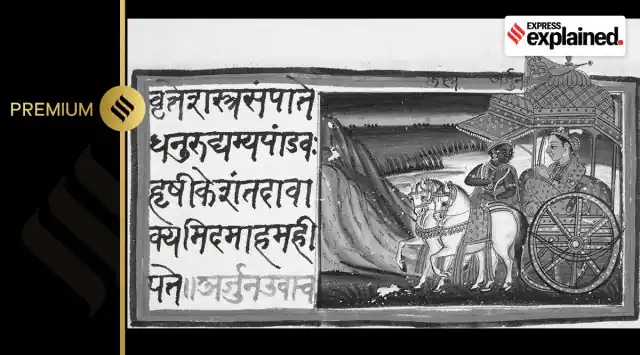Unraveling Sanatan Dharma: Tracing Its Origins and Historical Significance
Sanatan Dharma, often likened to Hinduism, has recently stirred controversy following DMK leader Udhayanidhi Stalin’s controversial remarks. BJP leaders have vehemently defended it, labeling Udhayanidhi’s statement as an attack on their faith. Etymology and Ancient Origins The term “Sanatan Dharma” finds its roots in Sanskrit, where it conveys the profoundContinue Reading
